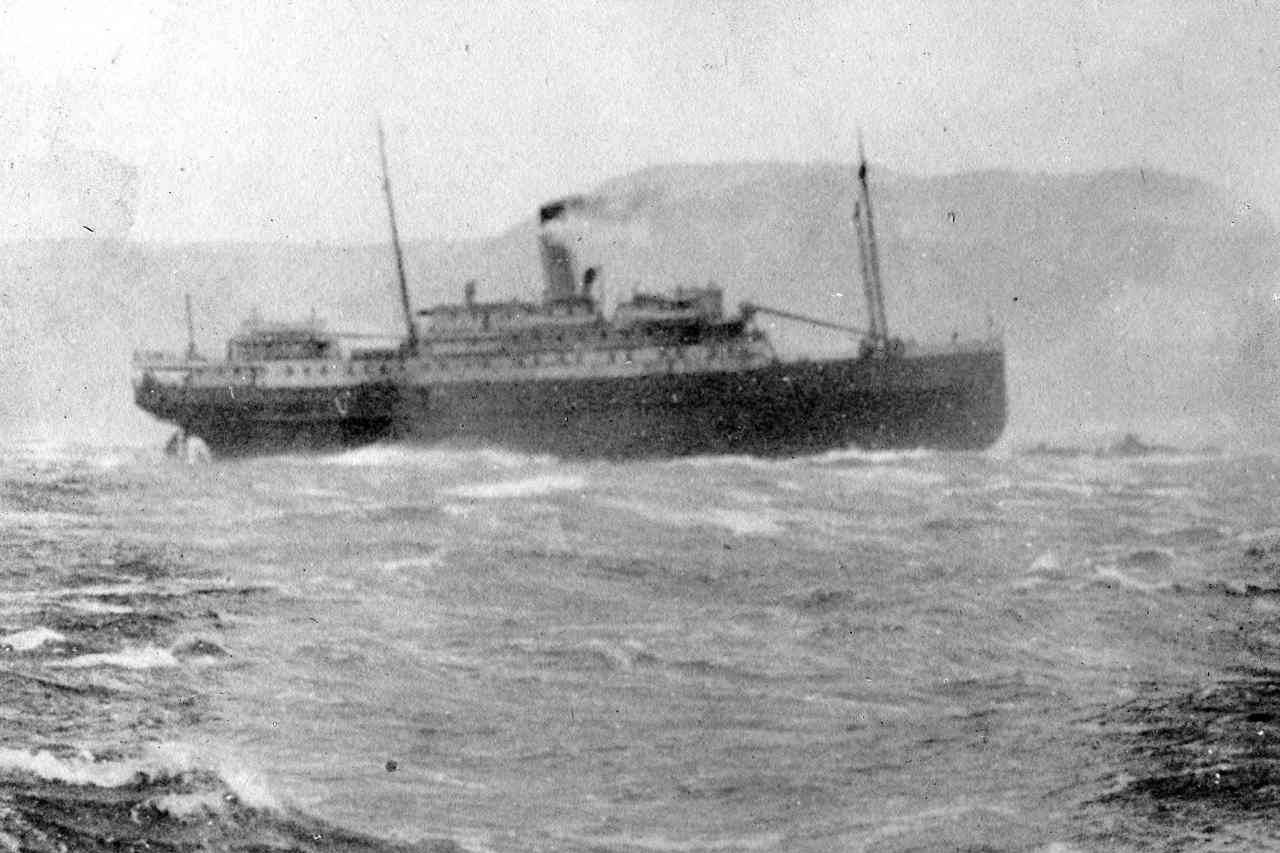Psalm 19
1 The heavens declare the glory of God, and the firmament shows his handiwork.
2 One day tells its tale to another, and one night imparts knowledge to another.
3 Although they have no words or language, and their voices are not heard,
4 Their sound has gone out into all lands, and their message to the ends of the world.
It is the culmination of Ordinary Time, in the season of Change, at the harvest of Creation. On the Episcopal branch of the Christian faith, we are approaching the last of the Principal Feasts, All Saints Day. This feast begins with All Hallows Eve, the 31st of October.
In Juneau, the season comes on cold wings, carried on gales such as that blowing as I write. The wind is stripping the trees of leaves, bringing snow to our heights and saturating the lower elevations of the Tongass. This year, we worry about flooding and landslides and the stability of slopes. We have the names of neighbors, fresh yet on our prayer lists, prayers asking for relief of the suffering, and remembering the recent dead.
In Juneau, we also observe a memorial on Oct. 25 and have done so since 1918. On that date, a gale found the ship Princess Sophia, near here, aground on Vanderbilt Reef. During the night, it tore the bottom of the vessel, sending 353 people to their deaths. We make this observance at the graveside of Walter and Frances Wells Harper, who were among those lost.
In September, 1918, at age 25, Walter Harper was a superbly competent man at 25 years age when he and Episcopal missionary nurse Frances Wells (from Germantown, Pennsylvania) were married. The wedding was presided by Episcopal missionary priest, the Archdeacon Hudson Stuck at Fort Yukon. In October they boarded the Princess Sophia. They planned to visit Frances’ family, and to complete Walter’s education as a medical missionary, before returning to Alaska.
Walter’s father, Arthur Harper, was an early prospector and trader for the Alaska Commercial Company. Walter’s mother, Seentaána [Jenny Albert], separated from Harper when Walter was young, and raised him in the Athabaskan tradition near Tanana until, at age 16, he moved to St. Mark’s Mission in Nenana. The following year, Walter was hired by Hudson Stuck to assist in missionary travels throughout the Kuskokwim, Yukon, Koyukon and Kobuk River regions. Stuck brought the Social Gospel movement to the region, fighting to help preserve the indigenous culture while providing education and hope needed in the face of relentless change brought by gold-seeking waves of settlers.
Walter and Hudson’s travel together accomplished a cross-cultural exchange, an education that was of great benefit to each. Harper translated Stuck’s English into the Koyukon tongue, guiding and piloting the two safely throughout the region. Stuck taught Harper the faith, read the plays of Shakespeare with him, and helped him, eventually, to become educated at Mt. Hermon School in Northfield, Massachusetts.
Stuck also published accounts of their travel. One of these told of the successful ascent of Denali, June 7, 1913, when Harper was the first to summit. (Note: June 7 is Walter Harper Day.) Another recounted the “Winter Circuit” of 1917/18, when the two traveled from Fort Yukon to Kotzebue by river, then along the Arctic Coast to Herschel Island, in Canada, and returning to Fort Yukon overland.
With thanks to Mary Lou Spartz, Mary Erlander, and in memory of The Very Rev. Mark Boesser.
• The Rev. Gordon Blue is the rector for the Church of the Holy Trinity. “Living and Growing” is a weekly column written by different authors and submitted by local clergy and spiritual leaders.

